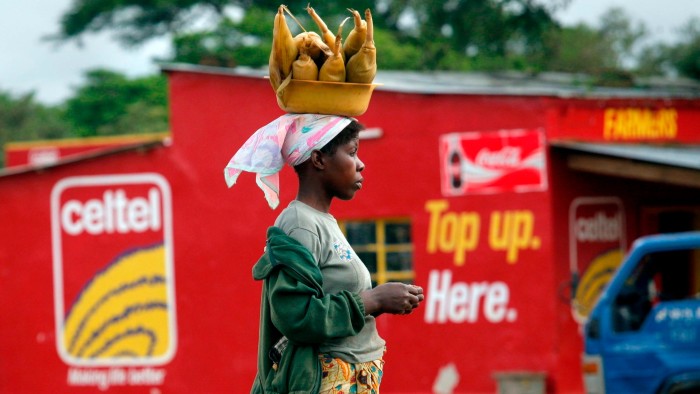Unlock the Editor’s Digest for free
Roula Khalaf, Editor of the FT, selects her favourite stories in this weekly newsletter.
The writer is the founder and chair of the Mo Ibrahim Foundation
In the UK, US and Europe, development spending is being cut to the bone.
For many, 2025 has been the final nail in the coffin for the aid agenda. Over the past decade development budgets have been strangled by a combination of rising isolationism, international conflict and a weakened global economy.
Foreign aid has been important for African countries and these cuts will have a devastating effect on healthcare systems, placing many lives at risk. But it is not the end of the world for the continent.
Indeed, Africans should not mourn the end of international aid while hoping that international generosity might one day return. Now is the time to look inside our own borders and make African-led investment the cornerstone of African development.
Foreign aid provision to the continent has been in steady decline for well over a decade and already represents a very small percentage of African countries’ income. USAID cuts amount to less than 1 per cent of gross national income for 42 African countries.
The current acceleration of cuts should instead be seen as a wake-up call: we must look for solutions within the continent’s borders. When the “Africa 2063” initiative was set out by the African Union over a decade ago it was not a 50-year vision of an Africa dependent on aid, but one of a global powerhouse charting its own path. The responsibility for delivering this vision is ours.
Even without aid, we have the resources to make this a reality.
Africa’s natural wealth is well documented; the continent is home to 30 per cent of the world’s minerals reserves. But to benefit from their potential we need African nations to move up the value chain and beyond the extractive model. This starts by prioritising governance, with better and more transparent contracts and licensing agreements. These are just some of the practical steps that can be taken to ensure that Africa’s wealth of natural resources translate into wealth for its citizens, rather than driving up the profits of foreign companies.
Private capital, local and international, is a key engine for development. Unfortunately it has not always been forthcoming for various reasons, including high interest rates stemming from risk — real or perceived. We cannot just blame the rating agencies. We also need real improvement in our governance: the rule of law, stability and transparency are key to attract investment.
African investors must also invest more in our own continent. We cannot make a plea to international investors, while we channel our own capital elsewhere.
I say this from experience. Building Celtel into a $3.4bn company was not luck. People saw Africa as a continent where it was too risky to do business and became blinded to its immense potential. But I could see that this growing gap between perception and reality meant there was an opportunity — and we took it, creating the fastest-growing mobile phone network on Earth. I bet on Africa and won. That’s why I continue to tackle the barriers to investment through the Mo Ibrahim Foundation.
For nearly 20 years, the foundation has invested in the Ibrahim Index of African Governance. This provides a tool that assesses the delivery of public goods and services and public policy outcomes in African countries. Ultimately this helps to drive more informed decision-making from both policymakers and investors.
Investing in the continent doesn’t need to be about altruism. Africa’s wealthiest should be investing on the continent because they too see an opportunity there. We have the world’s youngest population, vast untapped renewable energy potential and a history of high returns.
And there are practical ways to realise all this potential. We need to improve our governance to become an attractive destination for investment. We need to improve tax collection, taking steps to move from a mostly informal economy to a formal one. And with the help of our allies abroad, we can stem the illicit financial flows leaving the continent, which are still estimated at about $90bn, driven by mispricing and profit-shifting.
The decline of aid should not be seen as some sort of cliff-edge moment for Africa. It was never going to be enough to finance Africa’s development — and our huge continent’s place in the new global economy should never be determined by the generosity of international partners.
This is an opportunity to rethink how we finance development on the continent. Africans must not fear Africa. We need to start investing in ourselves.
